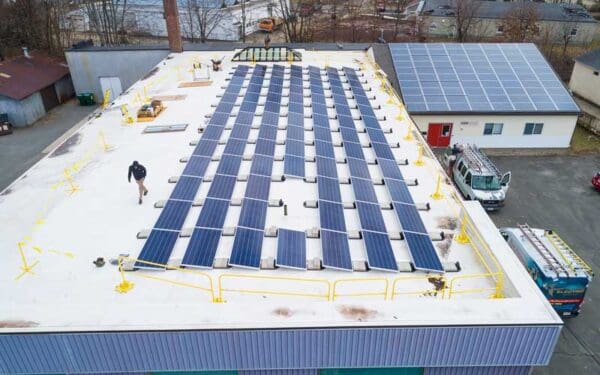Hurricane Season is Here. Are Building Codes Ready?
Forecasters predict a very active hurricane season in 2024. But are building codes ready? Massachusetts has an opportunity to plan for extreme weather with the Climate Safe Buildings Act.
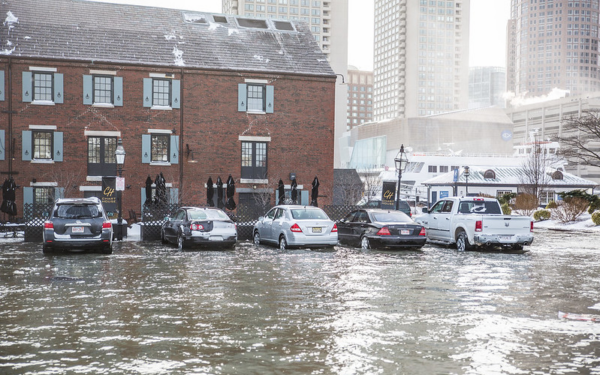
Forecasters predict a very active hurricane season in 2024. But are building codes ready? Massachusetts has an opportunity to plan for extreme weather with the Climate Safe Buildings Act.

Wetlands are a critical piece of our ecosystem that must be protected.
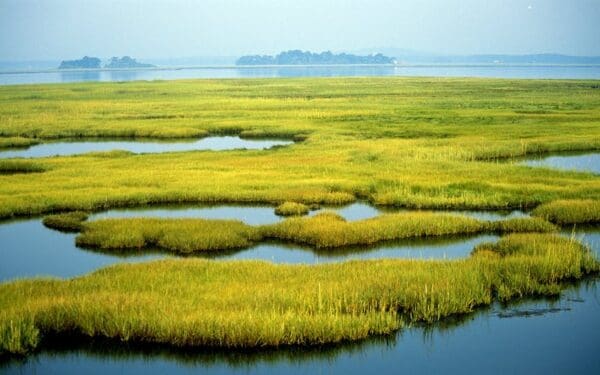
The Climate Ready Boston Plan seems to have stalled in recent years. Today most of the projects recommended for completion by 2030 have yet to be included in the city’s most recent capital plans. It’s a hardship for Boston residents forced to deal with flooded streets and neighborhoods.
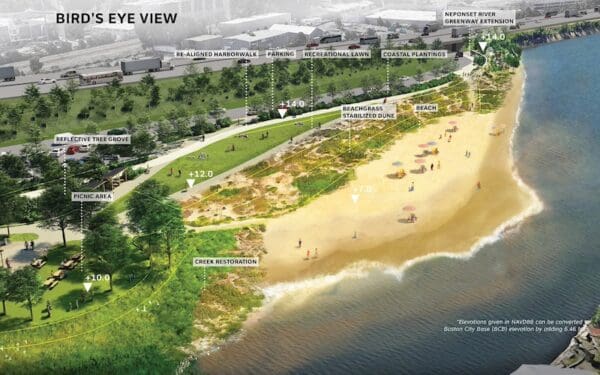
In early February, I was headed home with our children from school pick-up. Several feet of snow covered the ground, but an eerie spring-like fog surrounded us. The unseasonably warm air smelled of the ocean. Several days of downpours were causing rising floodwaters, and we could hear each passing waterway raging. It was too close… Continue reading What is Vermont’s Flood Safety Act and Why Does It Matter?
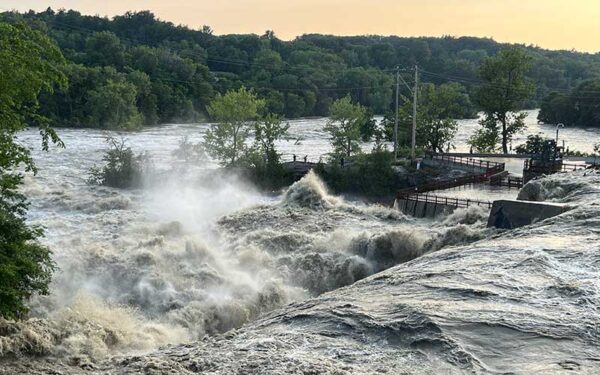
Vermont can make Big Oil pay for its role in climate change with the Climate Superfund bills.
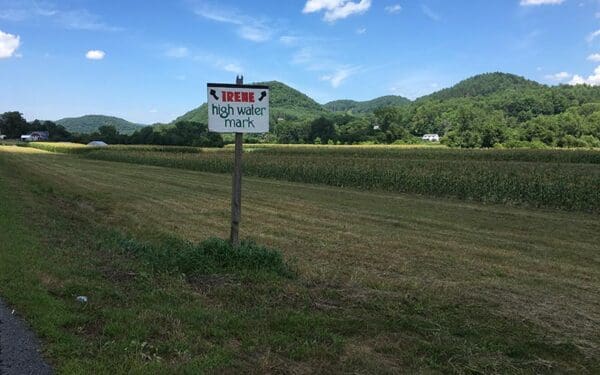
CLF is fighting to enforce anti-idling laws and protect communities from tailpipe pollution.

CLF is working with partners and legislators to ensure an environmental justice law becomes a reality in Maine. Join us in advocating to get this bill across the finish line.
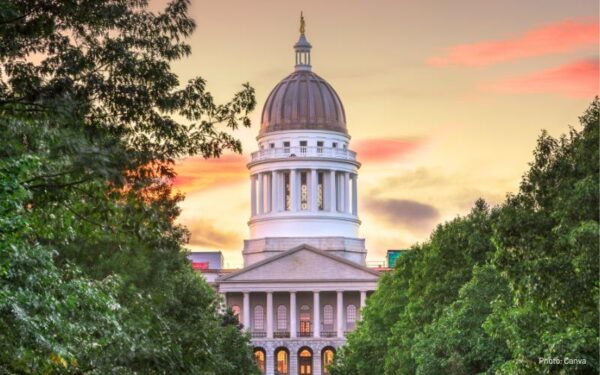
Weather whiplash, unpredictable weather patterns and extreme weather are becoming increasingly frequent. These are changes we can see and feel and it’s time to prepare.
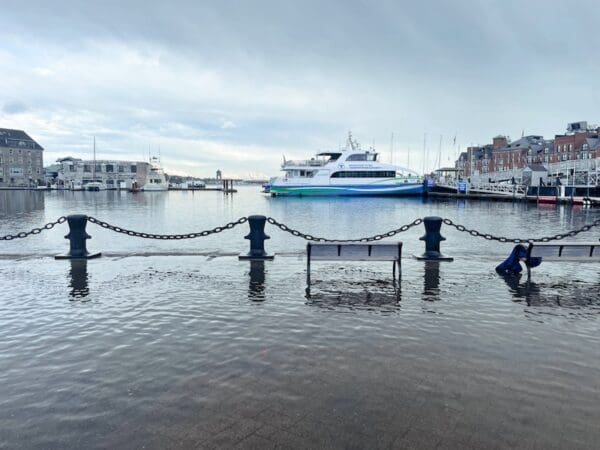
Britteny Jenkins, CLF’s Vice President for the Environmental Justice Program shares her journey and goals for our region. She will lead our transportation, climate justice, and zero waste efforts.
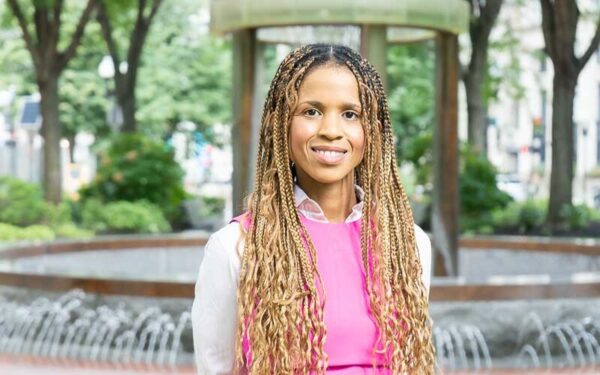
Microgrids will provide communities with energy independence, resilience, and security in the face of extreme weather.
